
By 1976, David Bowie had already enjoyed a glittering career. His majestic 1969 hit ‘Space Oddity’ established his career, after a false start with the 1967 novelty ‘The Laughing Gnome’. Bowie’s first successful album was 1971’s Hunky Dory.1972’s glam rock The Rise and Fall of Ziggy Stardust and the Spiders from Mars transformed him into a mega-star.
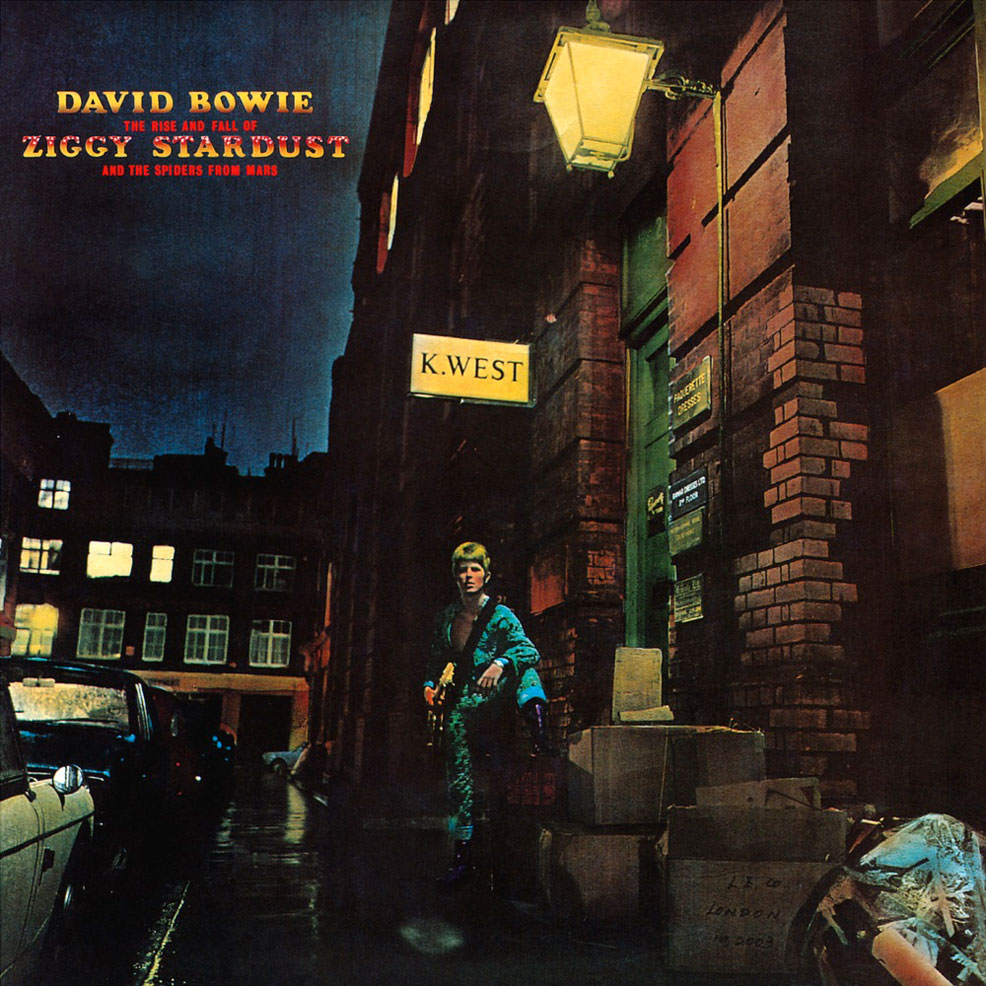
As glam rock petered out, Bowie moved to L.A., and his life descended to chaos. In 1974 he released David Live, which he later referred to as “David Bowie Is Alive and Well and Living Only in Theory”. His appearance was thin and pasty as a result of a cocaine addiction. He barely slept and lived on milk and peppers. Bowie descended into paranoia, concerned about having his semen stolen by witches. In his drug-addled state Bowie also flirted with fascism. In 1976 he was quoted as saying that “Britain could benefit from a Fascist leader” and was photographed giving a Nazi salute.
Bowie could remember little of recording Station to Station – he later said that “I know it was in LA because I’ve read it was”. Yet he was able to focus on his work, despite his addictions and neuroses.
Station to Station features the core band that would stay with Bowie through until 1980’s Scary Monsters (and Super Creeps); rhythm guitarist Carlos Alomar, bassist George Murray, and drummer Dennis Davis were known as The D.A.M. Trio. This backing band would record the basic tracks before Bowie and other musicians would overdub their parts. Other featured musicians on Station to Station include Springsteen pianist Roy Bittan, keyboard player Harry Maslin, and guitarist Earl Slick.
Station to Station is a transitional album for Bowie. It references the soul and funk of his previous record, Young Americans, while also looking forward to the Germanic austerity of his late 1970s work.
Over its six tracks, Station to Station covers a variety of moods. The ten minute title is a window into Bowie’s troubled state of mind, while ‘Golden Years’ is brash and funky. The lesser known tracks are also excellent. ‘Stay’ chops along on a funky groove, while the gospel of ‘Word on a Wing’ was later described by Bowie as “unwittingly … a signal of distress; I’m sure that it was a call for help.”
After Station to Station, Bowie moved to Switzerland and then to Berlin. Away from L.A. he was able to shake off his drug addiction and embark on a fascinating new era of his career. The “Berlin trilogy” of Low, “Heroes”, and Lodger was highly acclaimed, but much of the groundwork was laid with Station to Station.
Key Tracks
Station to Station
The ten minute title track ‘Station to Station’ opens the album. It’s the longest studio song that Bowie ever released, although the opening title track to 2016’s Blackstar also pushes the ten minute mark. The austere beats of the first half of the song recall the German influences that Bowie would explore further on his upcoming records..
Lyrically, ‘Station to Station’ is fascinating – the title is a reference to the Christian ritual of the Stations of the Cross, but the lyrics also refer to other spiritual practices like Kabbalah and Aleister Crowley.
“First, there’s the content, which nobody’s actually been terribly clear about. The “Station to Station” track itself is very much concerned with the stations of the cross. All the references within the piece are to do with the Kabbalah. It’s the nearest album to a magick treatise that I’ve written. I’ve never read a review that really sussed it. It’s an extremely dark album. Miserable time to live through, I must say. “
David Bowie, interview with David Cavanagh, “ChangesFiftyBowie”, 1997
In the lyrics, Bowie also refers to his alter-ego, the “Thin White Duke”, an unpleasant character who throws darts into lovers eyes. The character was an extension of Bowie’s film role in The Man Who Fell to Earth.
Golden Years
Released as the advance single from Station to Station, ‘Golden Years’ wasn’t indicative of the album as a whole. It’s similar in style to the funk and soul that Bowie explored on 1975’s Young Americans, featuring Bowie’s falsetto along with the scratching guitars of Earl Slick and Carlos Alomar.
TVC 15
‘TVC 15’ was inspired by an episode when a drug-fuelled Iggy Pop hallucinated that Bowie’s television was eating him. It was released as the album’s second single, but it’s a strange piece, combining English music hall with futuristic Krautrock textures.
Other Recommended Bowie Albums
Station to Station is my favourite David Bowie album, but his catalogue places him among the elite artists in rock music, particularly in the 1970s. Alongside Station to Station, the following records are generally reckoned to be among his best:
1971’s Hunky Dory was Bowie’s fourth album. More personal than his later work, it features classics like career manifesto ‘Changes’ and the soaring ‘Life On Mars’.
1972’s The Rise and Fall of Ziggy Stardust and the Spiders from Mars presented Bowie as an androgynous glam-rock star. It’s full of great songs like ‘Starman’ and ‘Suffragette City’.
By the time of 1977’s Low, Bowie had relocated to Berlin. He recorded Low with Brian Eno, and its electronic sheen kept Bowie ahead of the curve. While most established rockers were despised as old-hat by the punks of 1977, Bowie was revered as a restless innovator.
Bowie has a bunch of other excellent records – 1973’s Aladdin Sane, 1977’s “Heroes”, 1980’s Scary Monsters (and Super Creeps), and 2016’s finale Blackstar are all highly recommended.
Do The Experts Agree?
In a contemporary review, Rolling Stone’s appraisal was non-committal, stating “the obsessively passionate conviction of his earlier works is missing. It remains the thoughtfully professional effort of a style-conscious artist whose ability to write and perform demanding rock & roll exists comfortably alongside his fascination for diverse forms.”
Brian Eno named Station to Station as “one of the great records of all time”. David Buckley described Station to Station as a “masterpiece of invention” that “some critics would argue, perhaps unfashionably, is his finest record”.
On the website Rate Your Music, Station to Station is ranked as the third best of David Bowie’s records. It’s very highly regarded – it’s ranked as the best album of 1976 and the 77th best album of all time.
On the website Acclaimed Music, Station to Station is ranked as Bowie’s sixth best, and the #304 album of all time. It’s ranked behind Ziggy Stardust, Hunky Dory, Low, 2016’s Blackstar, and “Heroes”.
Station to Station is one of seven Bowie albums included in the original edition of 1001 Albums You Must Hear Before You Die.
Sources:
https://www.rollingstone.com/music/music-features/how-david-bowie-brought-thin-white-duke-to-life-on-station-to-station-125797/ https://en.wikipedia.org/wiki/Station_to_Station
[crowdsignal poll=10387506]
Read More:
– David Bowie Album Reviews
– The Best Album By…
51 Comments
Leave a Reply
About
Aphoristic Album Reviews is almost entirely written by one person. It features album reviews and blog posts across a growing spectrum of popular music.
Review Pages
Read about the discographies of musical acts from the 1960s to the present day. Browse this site's review archives or enjoy these random selections:
Blog Posts
I add new blog posts to this website every week. Browse the archives or enjoy these random selections:
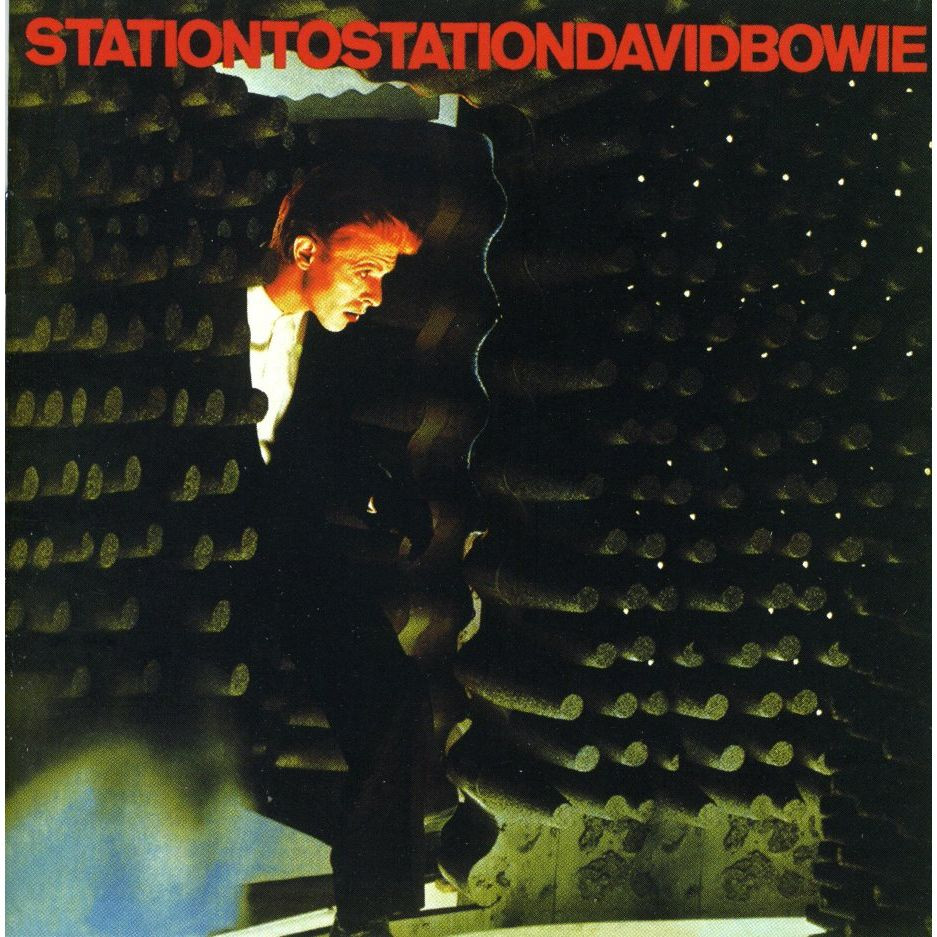
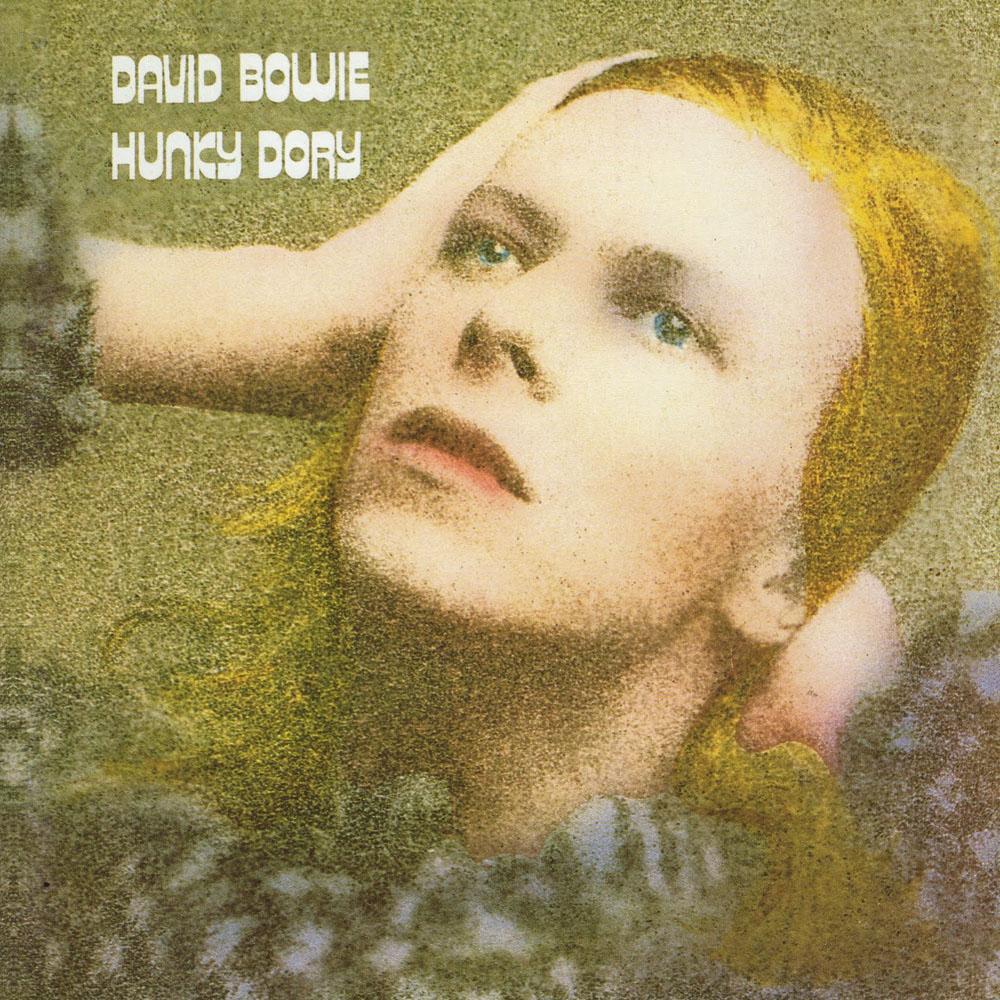
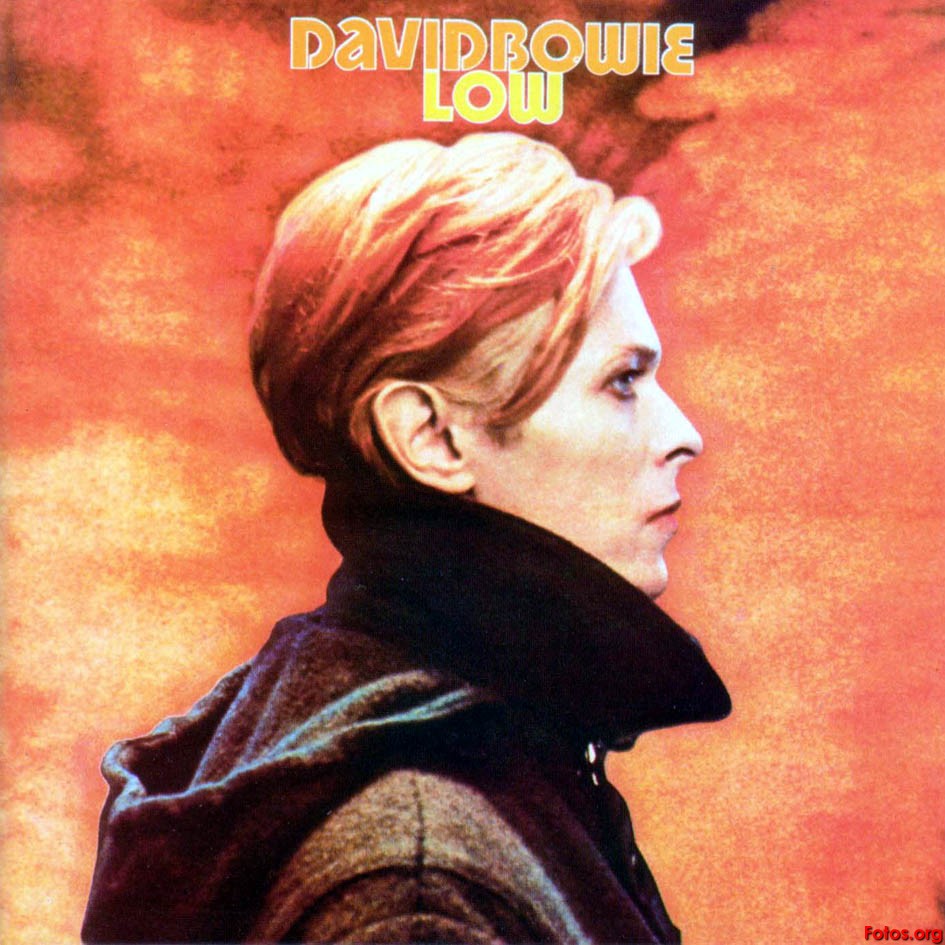
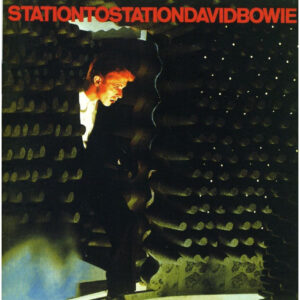
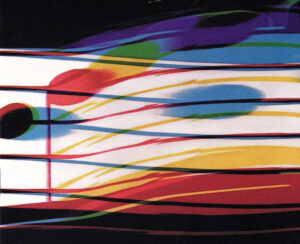
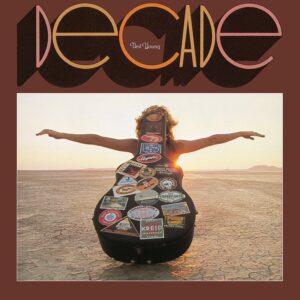
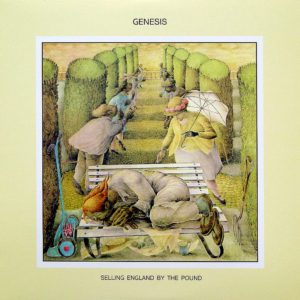
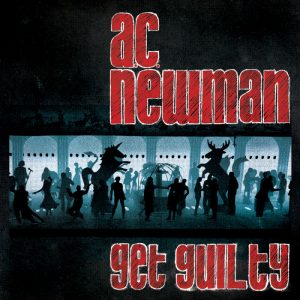
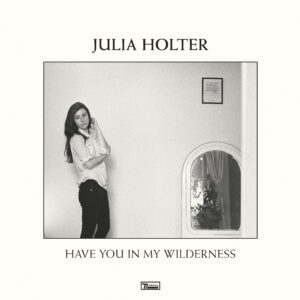
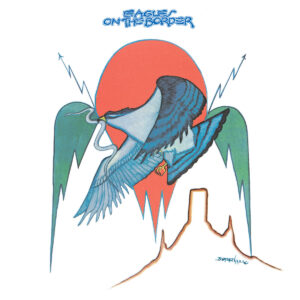
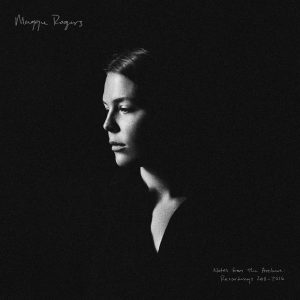
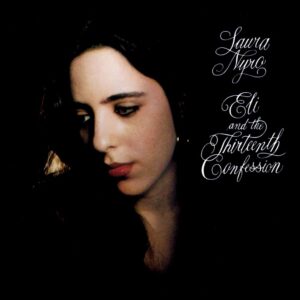

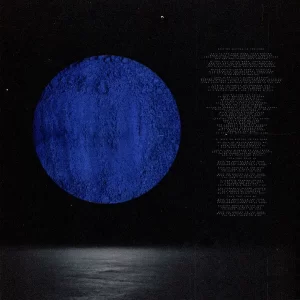
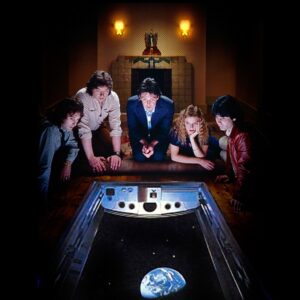
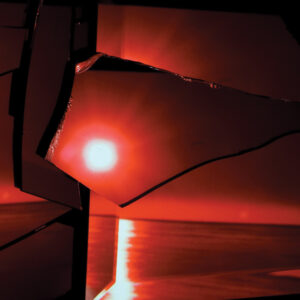
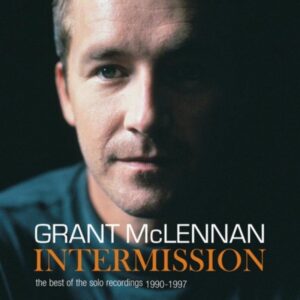
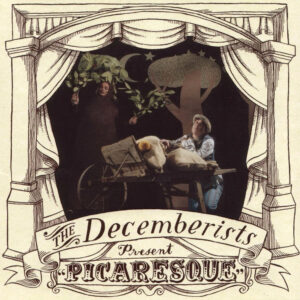




Graham, although I’m not a fan of “best” and “worst” (as I’ve stated too many times by now), I can at least say that my favorite Bowie album matches your assessment of his best (and your post makes a great case for why it should be ranked at or near the top). When I revisited his catalog for a multi-part series at my site, back in 2011 or 2012, I was a casual fan who owned just about all his albums but hadn’t spent enough time with any of them to have favorites, but by the time I got to Station To Station I found it and that opinion hasn’t changed. I also like your other recommendations. Your readers won’t go wrong if those are the first Bowie albums they dive into. Well done, as always.
Thank you! I think there’s a reasonable consensus that the four I cited are the big four. They’re also the top four on RateYourMusic (Ziggy, Low, Station, then Hunky Dory) and on a Rolling Stone readers poll. He had a lot of great albums in that 1970-1980 run though – lesser albums like Lodger and Diamond Dogs are still very interesting.
Interesting choice – I haven’t spent enough time with Station to Station yet.
Of the rest, Aladdin Sane would be my #1, followed closely by Hunky Dory & Heroes. Though on any given day, Ziggy could sneak in there somewhere!
There’s a lot of great stuff in his 1970-1980 run – almost everything is very good (and there are a couple I haven’t even heard yet). A lot of music in ten years, and a lot of musical ground.
It’s got to be one of the strongest decades an artist has had!
There used to be TV ads for his compilations that said “Those were very good years” – I guess CDs used to sell enough to warrant advertisements…
His albums up to this one are the ones I’m most familiar with… Hunky Dory would be my personal favorite. Can’t go wrong with any of them.
He stayed really good through until 1980’s Scary Monsters – it’s worth checking in on the next few. More of an art-rock/German/Eno feel, but still enough pop hooks to make them accessible.
Oh Graham, I would dearly love to not bite on the ‘best’ tag, but cannot help myself. Sorry.
A best Bowie is like a best Federer Grand Slam. He’s THE major solo artist of the 70s, period.
Having said that I love S to S – it was my favourite for many years even though I don’t enjoy the histrionics of ‘Wild is the Wind’ and — to a lesser extent — ‘Word on a Wing’. But ‘Ziggy’ and ‘Heroes’ are each as significant and perhaps even more consistent. In fact, that would be my current top 3:
Ziggy
Heroes
Station
Thank you lines-persons, thank you ball-persons.
Wild is the Wind is the weakest track for me as well – it’s an interesting interpretation, but almost outwears its welcome,
I’ve never quite connected with “Heroes” as much as a lot of his other 1970s records – the longer tracks don’t hold my attention as much as the more concise Low.
Sure. On any given day I can choose Low over ‘Heroes’ too.
I don’t know if anybody mentioned it but ‘Wild is the Wind’ is from a ’50s movie of the same title. Crooner Johnny Mathis – doubtless an Aphoristic favorite – sang it. And it was written by the classic Hollywood songwriting team of Tiomkin/Washington who also did the theme from “High Noon.”
Never heard anyone else rate this his best. I like it too though. Perhaps 6 or 7 on the bowie list of favourites
What’s your favourite? Brian Eno said it’s his favourite too!
Oh that crackpot…hehe! No, full respect to your selection sir. It’s classic bowie. Just a couple of songs on there that irk me but there’s a few of his absolute best. My fav would be Hunky dory I think. Scary monsters, lodger, ziggy, alladin sane, and perhaps even heathen or man who sold the world on a good day following close by — along with your pick station to station. Never got on with heroes. and hate the synth stuff on low (Eno!!!) Anyway so much great music to enjoy. Nice topic
It’s good to see Hunky Dory get picked – it’s a good one that hasn’t been talked about much. From your dislike of Eno and Pet Shop Boys I’m inferring that you dislike synths?
Bingo! Occasionally they can be great but I think of them like the flute— best kept out of popular music lol
I played Station to Station a lot when it was first out but it hasn’t remained among my favourites. TVC15 and Stay plus Golden Years I still love, but the Bowie albums I play most are Ziggy Stardust, Low and the underrated Aladdin Sane. On the latter, check out the crazy discordant piano on the title track, and there’s the slightly oddball Drive In Saturday plus some big, loud, dirty rock in Panic in Detroit and Cracked Actor. Then there’s the beautiful Lady Grinning Soul. Funny thing about Bowie is that he could write arty bullshit lyrics and get away with it, whereas people like Yes made me want to smash the stereo. Trying to ascribe a particular explanation to many of his songs is fruitless. Incidentally, my band used to play Cracked Actor at a regular Saturday night gig until the manager heard what he thought was “Fuck baby fuck” among the lyrics. I explained that it wasn’t the f word at all, but “Suck baby suck”. He gave me a world-weary look and said, “I still don’t want you to do it.”
I can see where he’s coming from with “suck” being as bad.. What position were you in the band?
Aladdin Sane always feels like a slightly lesser sequel to Ziggy to me – it’s a fine Bowie album but not quite as good. I would have liked more spotlight on Ronson – the pianist is very good, but Ronson was special.
I was the lead singer and rhythm guitarist. And the way you describe Aladdin Sane is exactly what I mean by it being underrated. Even from the cover it looks like a Ziggy rehash but it’s far more than that, with pianist Mike Garson bringing a new dimension to the sound
Yeah, I think in some ways it’s more developed than Ziggy – longer songs, fuller sound. I also find it less consistent, but the good stuff like ‘Panic In Detroit’ and ‘The Jean Genie’, is excellent.
The David album I reach for the the most is Heroes. I might have said that before.
My main memory of listening to “Heroes” is crawling into our spare room at midnight and turning it up loud to block out the noise of our neighbour playing the same Michael McDonald song on repeat for an hour.
That is a cool memory. Do you remember the McDonald song?
It was his cover of Stevie Wonder’s ‘For Once In My Life’. I enjoyed it, but wanted to go to sleep, so by the tenth time it became irritating.
Oooooh!
My favorite Bowie LP is probably Low with Station to Station a close second. As you said here, Bowie surrounded himself with great muscians who helped him become a great artist.
Very possible Kraftwerk were inspired by the train theme as they referenced the album Station to Station and meeting with musicians Iggy Pop and David Bowie on the 1977 single “Trans-Europe Express”.
Low is also excellent. Bowie was amazing at having talented collaborations – that core band of Davis, Murray, and Alomar was excellent. He also had Brian Eno, Adrian Belew, and Robert Fripp around in the late 1970s/early 1980s.
Station to Station is actually about Stations of the Cross – it’s a Christian ceremony that retraces the steps of Jesus leading up to his crucifixion. But it also sounds like a train in the first part, so the train connection makes sense.
Considering that the songs S2S, Stay, TVC15, & Golden Years remained staples of his concerts for the rest of his career, its safe to assume that Bowie had fairly high regard for this album. Best? Not sure its possible to pin the blue ribbon on any of his albums…better to settle for favorites.
And what’s your favourite?
For me, the album that best captures Bowie’s essence is Low. It’s cool, its enigmatic, it’s experimental, its everything Bowie was. I love the individual songs on S2S, but there’s a lack of project cohesiveness of Ziggy or Aladdin Sane or Diamond Dogs or Young Americans or Low – which is great & cool and I love it, but..
Station 2 Station is pretty diverse – I feel like there’s a unifying sound and feel to it, but he certainly has more coherent album.
I’m not a big Bowie fan, though I admire his talent and skill for self-promotion. I honestly don’t know much about Station to Station other than “Golden Years,” which I like. Hunky Dory has always been my favorite, followed by Ziggy.
That fascism shit is new to me. Must have been the drugs. The early ’70s were a rough time for many rock stars.
Also with glam rock and fascism – Bryan Ferry said he liked the iconography of the Nazis, and Queen’s ‘We Will Rock You’ was accused of being fascist. It’s all just a weird coincidence though….
I never liked that Queen song, so I’d have to examine the lyrics more closely. But I heard about Ferry’s gaffe. As much as I like his voice and songwriting…what an idiot.
I think critics just complained about the sentiment – you’re going to be rocked whether you like it or not!
I can’t say I have a favorite Bowie album per se. Push comes to shove, “Ziggy.” I spun “Station” a few times on Spotify after your post and dug it. Deserving. Alas, “Golden Years” winds up on my “tired of it, can’t listen to it anymore” list but I love “TVC15” and especially “Stay.” Both got a fair amount of FM play. I love that riff in “Stay” and play it on the guitar all the time. Alas, not sure what to do after that. So I play it again!
‘Stay’ is really good – never realised it got airplay but it makes sense. That core band of Alomar, Davis, and Murray is creative and funky.
What gets play in the US vs elsewhere is always interesting
I wasn’t around at the time of release anyway, but I probably would have become a Bowie fan earlier if I’d heard more of his stuff on the radio. I think the ones that I hear on the radio are at the poppy end of the spectrum – Space Oddity, Changes, Young Americans, Golden Years, Let’s Dance, China Girl….
True but over here there’s AM and FM. And then there’s FM and FM, if you will. So all of those songs were on FM but then deeper cuts like Stay, Hang On to Yourself, The Man Who Sold the World, Life on Mars?, Moonage Daydream, Ashes to Ashes were all on there. As to the longer cuts like Station to Station, not so much.
I never like to choose a favourite Bowie album — there is no artist that I have ever loved quite as much as him, and I hold virtually all of his work (save for a select few ’80s tunes!) in the highest esteem. ‘Low’ would probably be my favourite, though, if I was pushed — its duelling overtones of melancholy and hope and its peaceful, thoughtful minimalism are so incredibly beautiful and moving. ‘Station to Station’ would be a close second, however — alongside ‘Hunky Dory’, ‘Blackstar’, ‘Diamond Dogs’, ‘Ziggy’, ‘Lodger’…see, I can’t choose!
(Interestingly, my favourite song, if I was forced to choose, is ‘Teenage Wildlife’, from ‘Scary Monsters and Super Creeps’ — an album that I like, but not as much as some of his others! It’s, in my opinion, among the most moving songs to have ever been recorded — there are few other pieces of music that make a rock song, played by a regular band, sound like a veritable symphony.)
His catalogue is amazingly deep – he basically managed to reignite his career with the arty stuff in the mid 1970s, as he was in danger of fading into obscurity.
Scary Monsters is one of my favourite Bowie albums too. Caps off his arty phase nicely.
So very true! Similarly, his return to arty experimentalism in the ’90s/early ’00s served the same purpose, and also allowed him to regain his own inner artistic inspiration following his ’80s output.
One related thing that I have always loved about David, and what really sets him apart from his contemporaries IMO, is his encyclopaedic knowledge of and passion for “highbrow” artforms — like, obscure modern/contemporary art, jazz and modernist/minimalist classical music, and heavy literature. His work translates this into some of the most beautiful pop music ever created — it’s introduced so many people (myself included) to artforms to which we may have never been exposed, and is so much of why his work is so beguiling and exquisitely fascinating/affecting. Plus, it is beautifully heartening to see how much an obsessive “fan” he was too. He was so intelligent and interesting!
Yeah, his best album lists were way cooler than mine. I do wonder if some of his contemporaries share those interests – I can imagine Eno being into most of those things.
Yours are very cool! That list of his 25 favourite albums has been an eternal reference for music discovery, for me. He had such good taste!
Oh yes, Eno would definitely be into similar things — I’d imagine that Lou Reed and Iggy Pop would/would have been too, and then, if you consider artists like Tom Verlaine and Laurie Anderson to be his contemporaries as well (slightly different genre but more akin to his work than, say, the Rolling Stones — as much as I love them!)… An interesting thing to research!
(It’s always interesting to me that a lot of people lump David in with the other rock and pop acts of the time — but he was always just as much, if not more, influenced by Stravinsky and Phillip Glass and obscure protopunk as he was by the blues!)
Bowie’s restless mind helped him to stay fresh – could have easily settled into just copying Marc Bolan.
I think rock music generally works better when people have influences from outside rock – otherwise it just builds on itself and gets sterile. There are a few Stravinsky fans in rock music – the prog band Yes and Paddy McAloon from Prefab Sprout as well.
Very true! Thanks for the Stravinsky-rock recommendations as well — I have always liked Prefab Sprout in particular, but have never delved into them! (I’m a violinist and I often work on Stravinsky pieces for my solos)
Nah. It’s only number three. This is how it really goes.
1. Diamond Dogs
2. Low
3. Station to Station
4. Ziggy
5. Aladdin Sane
6. Outside
7. Hunky Dory
8. Pin Ups
9. David Live
10. Man Who Sold the World
Diamond Dogs is a pretty controversial #1 pick! I like it, but it feels like the end of the line for his glam stuff.
Diamond dogs is his most Bowie-ish album, which makes it his best. It’s everything that he was all about, plus it’s become better over time. You can see how the music on it is more interesting than his other albums. Something that wasn’t obvious at first but in retrospect it is